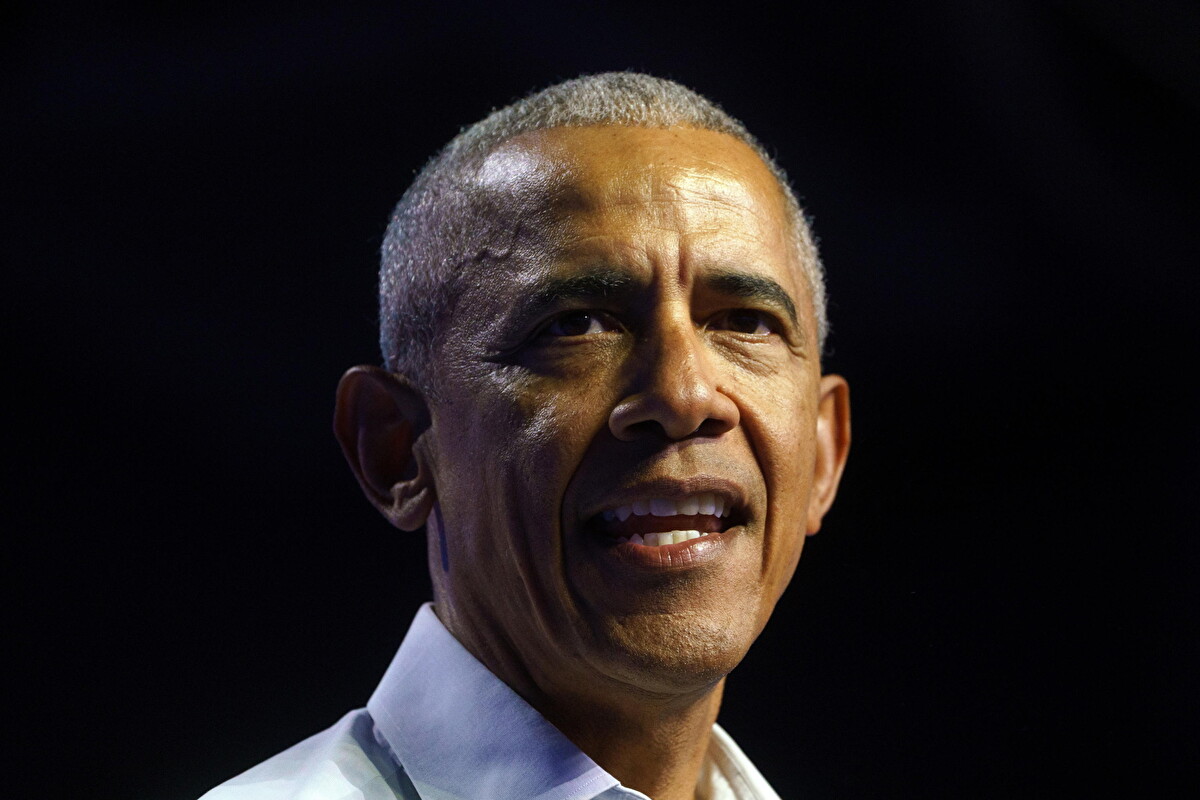New York’s Office of Cannabis Management (OCM) has mandated a halt to the distribution of cannabis pills infused with caffeine—a pairing that had quickly gained traction among fitness enthusiasts and busy professionals seeking a convenient energy boost, as reported by The New York Post.
The order specifically targets Hudson Cannabis, a supplier based in upstate New York known for its role in providing essential ingredients to the cannabis brand 1906. The brand, which has carved out a niche since its launch, offers two distinct products dubbed “Go” and “Genius,” designed to deliver a mix of modest THC doses and significant amounts of caffeine.
The “Go” variant, which markets itself as an energizing stimulant, boasts an impressive 80 milligrams of caffeine alongside 2 milligrams of THC and an additional 5 milligrams of CBD, providing users with a quick lift. In contrast, the “Genius” pills contain 20 milligrams of caffeine and feature a more balanced formulation of 2.5 milligrams of THC, complemented by 5 milligrams of both CBD and CBG.
Despite the pills’ popularity, the OCM recently enforced a “quarantine” order on these products after conducting an inspection of Hudson’s facilities, underscoring serious concerns over the legality and safety of their ingredients.
The order itself articulated that “evidence supports that ingredients used in the product are not allowed to be used in cannabis products,” implying a potential threat to public health or safety stemming from these caffeine-infused cannabis offerings.
In response to this unexpected crackdown, Hudson Cannabis is now appealing the ruling, which impacts a staggering $1 million worth of inventory in New York alone. Melany Dobson, co-founder of Hudson Cannabis, expressed her disbelief over the state’s decision. “We are surprised by this decision from the State to quarantine products that have been on the market for over 18 months,” she remarked, emphasizing that these products are legally sold in various states across the country without any reported adverse effects. Dobson also criticized the regulatory approach, suggesting that such arbitrary decisions ultimately favor the illicit market that Governor Hochul has pledged to combat.
Matthew Schweber, an attorney representing Nuka Enterprises—the parent company of 1906— pointed to what he termed a “wacky decaffeination rule” that prohibits the infusion of pure caffeine in cannabis products while allowing naturally occurring caffeine from sources like coffee or tea. The regulation states that processors cannot use any non-phytocannabinoid ingredient that could potentially increase potency or toxicity or create unsafe combinations with other psychoactive substances. Schweber challenged the OCM’s stance, questioning the rationale behind this differentiation. “OCM can’t say which prohibition exactly caffeine triggers,” he stated. “Do they have documented evidence of any of the dangers of combining caffeine and cannabis? No, of course not,” he asserted, calling for greater transparency in the decision-making process.
The medical community remains ambivalent about the implications of mixing caffeine with cannabis. While research is still in its infancy, some studies suggest that the effects of these two substances may differ when consumed together compared to separately. For instance, a 2012 study indicated that the combination of caffeine and low-dose cannabis adversely affected working memory in rats more than cannabis alone.











